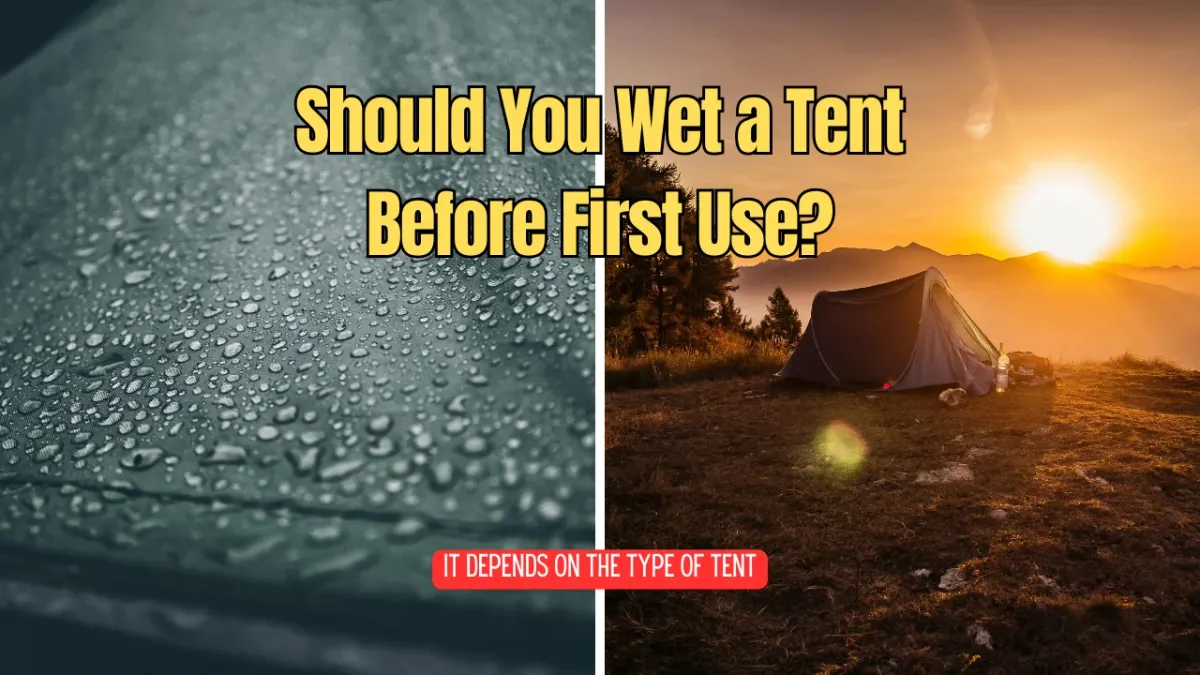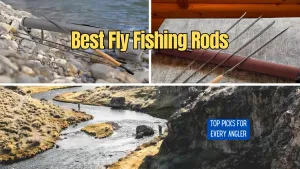Summer is the season of adventure, the perfect time for camping enthusiasts to enjoy the great outdoors. But for those who love the simplicity of setting up camp and soaking in nature for an extended period, a question often arises: Can you leave a tent up all summer? This article will delve into the practicalities and considerations of keeping your temporary abode pitched for the long haul.
Key Takeaways:
- Leaving a tent up all summer can lead to wear and tear due to prolonged exposure to the elements.
- Choosing the right type of tent, such as a canvas or season tent, can increase its longevity.
- Regular maintenance and location choice are crucial for keeping a tent in good condition throughout the summer.

The Impact of the Elements on Your Tent
When you're considering leaving your tent up all summer, the first thing to think about is the effect of the elements. Sun, wind, rain, and even the occasional hailstorm can take a toll on your tent's fabric and structure. UV rays can degrade the material, while wind and rain can lead to mildew and weaken the tent's poles and anchors. A dome tent, with its rounded shape, might fare better in windy conditions, but no tent is impervious to the relentless summer weather.

Choosing the Right Tent for Long-Term Use
If you're set on keeping your tent up all summer, selecting the right type of tent is crucial. A canvas tent, for example, is known for its durability and ability to withstand harsh conditions. These tents are often treated to be water-resistant and offer better UV protection than their synthetic counterparts. A season tent, designed for use in various weather conditions, can also be a good choice, as they are built to handle more extreme weather.
Location, Location, Location
The location of your campsite plays a significant role in the longevity of your tent. Setting up under trees can provide shade and reduce UV exposure, but it also poses a risk of falling branches and sap damage. On the other hand, an open area might offer fewer hazards but will expose your tent to more sunlight and potentially stronger winds. It's a balancing act to find the perfect spot.
Regular Maintenance is Key
Leaving a tent up for an extended period requires commitment to regular maintenance. This means routinely checking for damage, clearing debris, and ensuring that the tent is properly anchored. A well-maintained tent can last much longer, even when faced with the challenges of a full summer outdoors. Neglect, however, can quickly lead to deterioration and the need for repairs or replacement.
The Pros and Cons of Different Tent Materials
The material of your tent is another factor to consider. While canvas tents are sturdy, they can be heavy and require a more involved setup. Synthetic materials, like those used in cabin tents, are lighter and easier to manage but may not hold up as well against UV rays. Each material has its advantages and disadvantages, and the right choice depends on your specific needs and camping style.

Weatherproofing Your Summer Home
To ensure your tent can withstand the summer, weatherproofing is essential. This includes sealing seams, applying waterproof coatings, and possibly adding a tarp for extra protection. A well-weatherproofed tent can resist water infiltration and stay dry inside, which is especially important during those unexpected summer storms.
The Long-Term Effects on Tent Fabric
Over time, the fabric of your tent will inevitably show signs of wear. Prolonged exposure to the sun can cause fading and weaken the fibers, leading to tears and holes. Regular inspections can catch these issues early, allowing for patching and repairs before they become major problems.
When It's Time to Take It Down
Despite your best efforts, there may come a time when it's best to take your tent down. If you notice significant damage, or if the weather forecast predicts severe conditions, it's safer to dismantle your campsite. Always prioritize safety and the preservation of your equipment over convenience.

Summary
Leaving a tent up all summer is possible, but it requires careful consideration of the type of tent, location, and ongoing maintenance. A canvas or season tent can offer the durability needed for extended use, but no tent is immune to the effects of the elements. By choosing the right tent, maintaining it properly, and being prepared to take it down if necessary, you can enjoy a summer-long camping experience.

FAQs
What type of tent is best for leaving up all summer?
A canvas tent or a season tent is typically more durable and better suited for long-term use. They are designed to withstand various weather conditions and offer better UV protection.
How often should I perform maintenance on a tent that's up all summer?
Regular maintenance should be performed at least once a week, including checking for damage, clearing debris, and ensuring the tent is properly anchored and weatherproofed.
Can leaving a tent up all summer void the manufacturer's warranty?
It's possible. Always check the manufacturer's warranty and guidelines. Prolonged exposure to the elements can lead to damage that may not be covered under warranty.
More tent maintenance:











